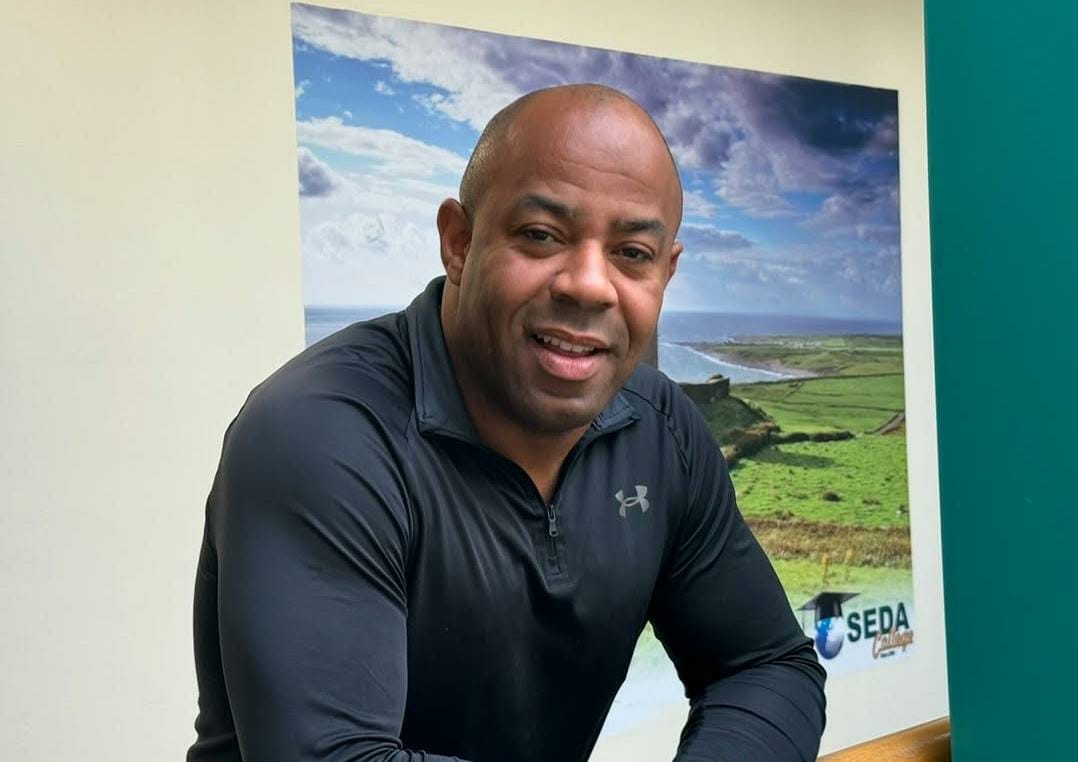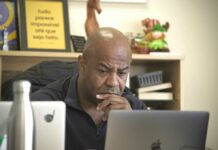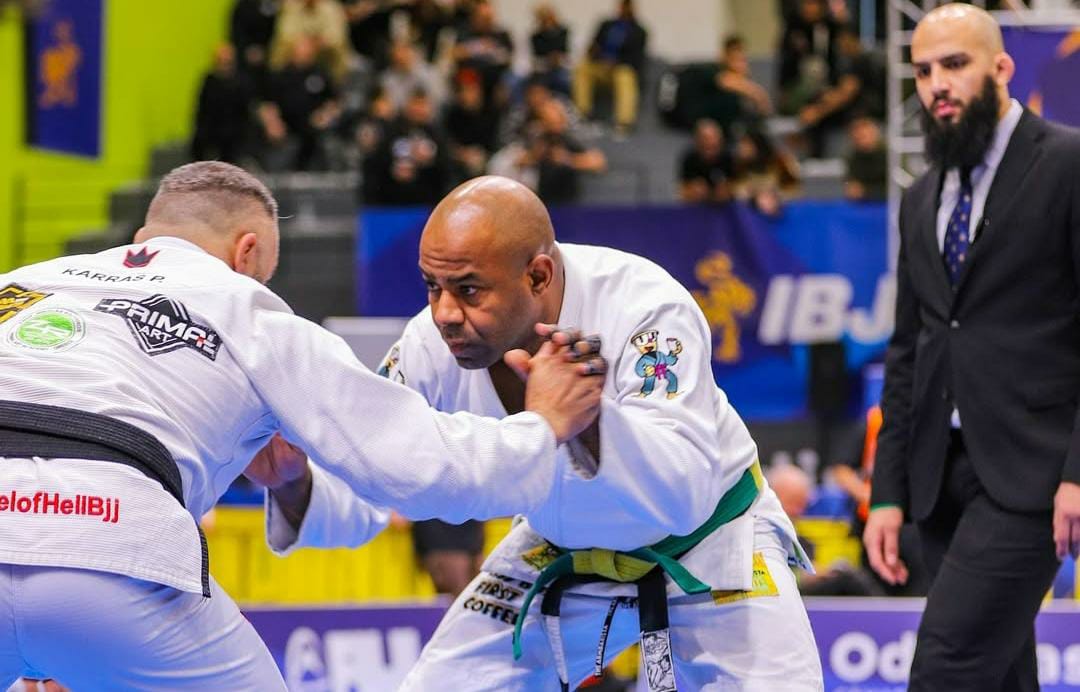When I arrived in Ireland in 2008, my English was limited, and my budget was even more so. I worked as a waiter in a restaurant in downtown Dublin—not out of vocation, but out of necessity.
It was there, between serving trays and exchanging orders, that I understood something no business course could teach: opportunities don’t come ready-made; they reveal themselves to those willing to observe and act.
While waiting tables, I observed students from all over the world trying to adapt, learn English, and make a name for themselves in a country that wasn’t theirs either. I saw firsthand the challenges of living abroad—the language, the cold, the homesickness, the bureaucracy.
And I noticed a gap: there was a lack of a school that not only taught English, but also welcomed international students with empathy, structure, and purpose. This simple insight—born from experience and listening—would become, years later, the embryo of SEDA College.
Founding a company in another country was perhaps the greatest act of courage and learning of my life. I discovered that undertaking something outside your own territory is more than just opening a business: it’s about relearning the meaning of belonging.
I had to understand the local culture, adapt communication, respect the rules, and, above all, listen before acting. Humility, more than courage, was what kept the project going in the early years.
Ireland taught me that success isn’t a leap, but a daily construction of small, invisible victories. Each visa granted, each student who arrived at the airport unsure of what to expect, each diploma awarded was more than a result—it was confirmation that the dream made sense.
Today, looking back at SEDA’s trajectory, I see that the true opportunity was never about making money or expanding borders, but about building bridges between people, cultures, and dreams.
International education is, above all, a way to reconnect human beings with their capacity to learn and reinvent themselves. If I had to summarize what I’ve learned on this journey, I would say that opportunities are discreet. They hide in everyday life, in quick conversations, in mistakes, and even in trays that fall to the floor.
What defines who seizes them is not chance, but perspective. The same perspective that, one day, saw in the experience of a waiter in Dublin the beginning of a global school.



